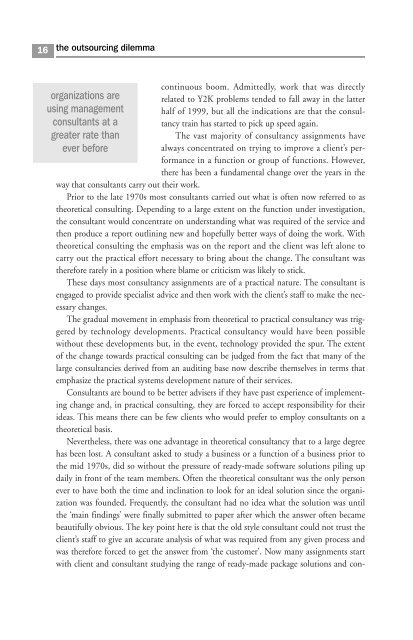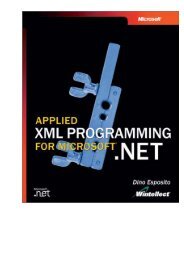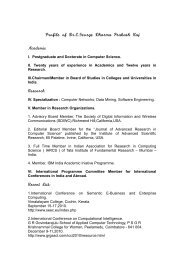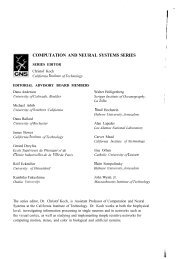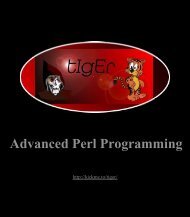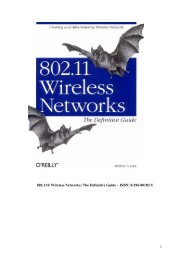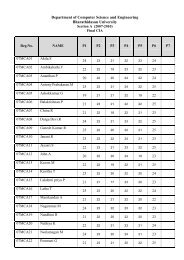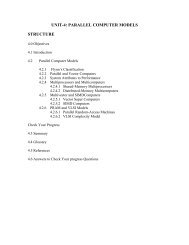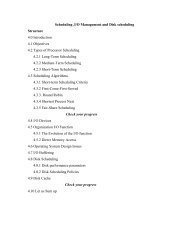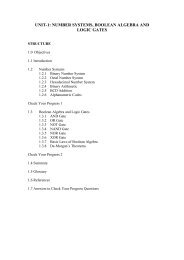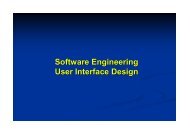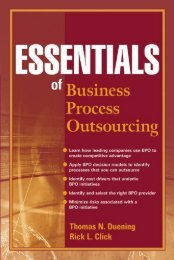The Outsourcing Dilemma - The Search for Competitiveness.pdf
The Outsourcing Dilemma - The Search for Competitiveness.pdf
The Outsourcing Dilemma - The Search for Competitiveness.pdf
You also want an ePaper? Increase the reach of your titles
YUMPU automatically turns print PDFs into web optimized ePapers that Google loves.
16<br />
way that consultants carry out their work.<br />
Prior to the late 1970s most consultants carried out what is often now referred to as<br />
theoretical consulting. Depending to a large extent on the function under investigation,<br />
the consultant would concentrate on understanding what was required of the service and<br />
then produce a report outlining new and hopefully better ways of doing the work. With<br />
theoretical consulting the emphasis was on the report and the client was left alone to<br />
carry out the practical ef<strong>for</strong>t necessary to bring about the change. <strong>The</strong> consultant was<br />
there<strong>for</strong>e rarely in a position where blame or criticism was likely to stick.<br />
<strong>The</strong>se days most consultancy assignments are of a practical nature. <strong>The</strong> consultant is<br />
engaged to provide specialist advice and then work with the client’s staff to make the necessary<br />
changes.<br />
<strong>The</strong> gradual movement in emphasis from theoretical to practical consultancy was triggered<br />
by technology developments. Practical consultancy would have been possible<br />
without these developments but, in the event, technology provided the spur. <strong>The</strong> extent<br />
of the change towards practical consulting can be judged from the fact that many of the<br />
large consultancies derived from an auditing base now describe themselves in terms that<br />
emphasize the practical systems development nature of their services.<br />
Consultants are bound to be better advisers if they have past experience of implementing<br />
change and, in practical consulting, they are <strong>for</strong>ced to accept responsibility <strong>for</strong> their<br />
ideas. This means there can be few clients who would prefer to employ consultants on a<br />
theoretical basis.<br />
Nevertheless, there was one advantage in theoretical consultancy that to a large degree<br />
has been lost. A consultant asked to study a business or a function of a business prior to<br />
the mid 1970s, did so without the pressure of ready-made software solutions piling up<br />
daily in front of the team members. Often the theoretical consultant was the only person<br />
ever to have both the time and inclination to look <strong>for</strong> an ideal solution since the organization<br />
was founded. Frequently, the consultant had no idea what the solution was until<br />
the ‘main findings’ were finally submitted to paper after which the answer often became<br />
beautifully obvious. <strong>The</strong> key point here is that the old style consultant could not trust the<br />
client’s staff to give an accurate analysis of what was required from any given process and<br />
was there<strong>for</strong>e <strong>for</strong>ced to get the answer from ‘the customer’. Now many assignments start<br />
with client and consultant studying the range of ready-made package solutions and conthe<br />
outsourcing dilemma<br />
organizations are<br />
using management<br />
consultants at a<br />
greater rate than<br />
ever be<strong>for</strong>e<br />
continuous boom. Admittedly, work that was directly<br />
related to Y2K problems tended to fall away in the latter<br />
half of 1999, but all the indications are that the consultancy<br />
train has started to pick up speed again.<br />
<strong>The</strong> vast majority of consultancy assignments have<br />
always concentrated on trying to improve a client’s per<strong>for</strong>mance<br />
in a function or group of functions. However,<br />
there has been a fundamental change over the years in the


